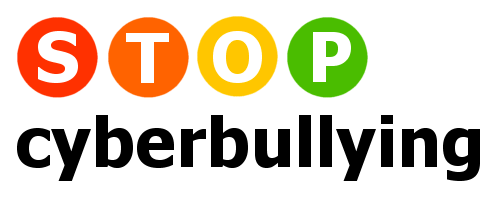Kids may not always recognise teasing as bullying. Some kids also may be too embarrassed or ashamed to talk to their parents about it. That’s why it’s important to talk about online and digital behaviour before your child starts interacting with others online and with devices. To prepare your kid for going online or getting a cell phone, or, if you know he or she has been bullied online, offer these steps he or she can take immediately:
Sign off the computer. Ignore the attacks and walk away from the cyberbully.
Don’t respond or retaliate. If you’re angry or hurt, you might say things you’ll regret later. Cyberbullies often want to get a reaction out of you, so don’t let them know their plans have worked.
Block the bully. If you get mean messages through IM or a social-networking site, take the person off your buddy or friends list. You also can delete messages from bullies without reading them.
Save and print out bullying messages. If the harassment continues, save the evidence. This could be important proof to show parents or teachers if the bullying doesn’t stop.
Talk to a friend. When someone makes you feel bad, sometimes it can help to talk the situation over with a friend.
Tell a trusted adult. A trusted adult is someone you believe will listen and who has the skills, desire, and authority to help you. Telling an adult isn’t tattling — it’s standing up for yourself. And, even if the bullying occurs online, your school probably has rules against it.
Source: commonsensemedia.org

